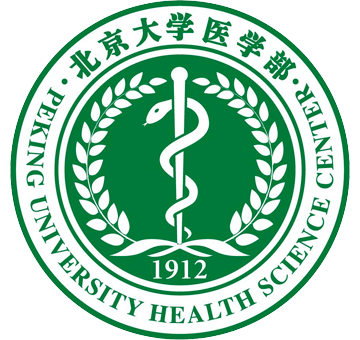
Liying Yan, PhD

Zhiqiang Yan, PhD
JI Program: Exploratory
Project Status: Active/Ongoing
Non-invasive prenatal screening using cell-free DNA from pregnant women plasma can detect fetal trisomy’s. This yielded the hypothesis that cell-free DNA could be collected from human blastocysts produced by in vitro fertilization and used to predict the chromosome make-up of the human preimplantation embryo by ni-PGT-A. While ni-PGT-A has numerous potential clinical benefits, current literature is highly contradictory with regards to reliability and accuracy to detect embryo chromosome complement. This project aims to determine the optimal method to detect human blastocyst cell-free DNA: blastocoel sampling or spent culture media and to elucidate the concordance/discordance of individual human blastocyst chromosome status between Fertility Healthcare Provider multi-cell trophectoderm biopsy-PGT-A (FHP-PGT-A), blastocyst regional SCSeq, resulting hESC SCSeq, and blastocoel/spent media ni-PGT-A. These data will be first-in-field to address stated specific aims, and will be critical in guidance on future clinical utility of ni-PGT-A in reproductive medicine. It will also be informative about human preimplantation genetics and development and lead to mechanistic studies on chromosome copy number variance, genetic stability, and embryo development in relation to aneuploidies, normal/abnormal development, placental function, and congenital birth defects.



